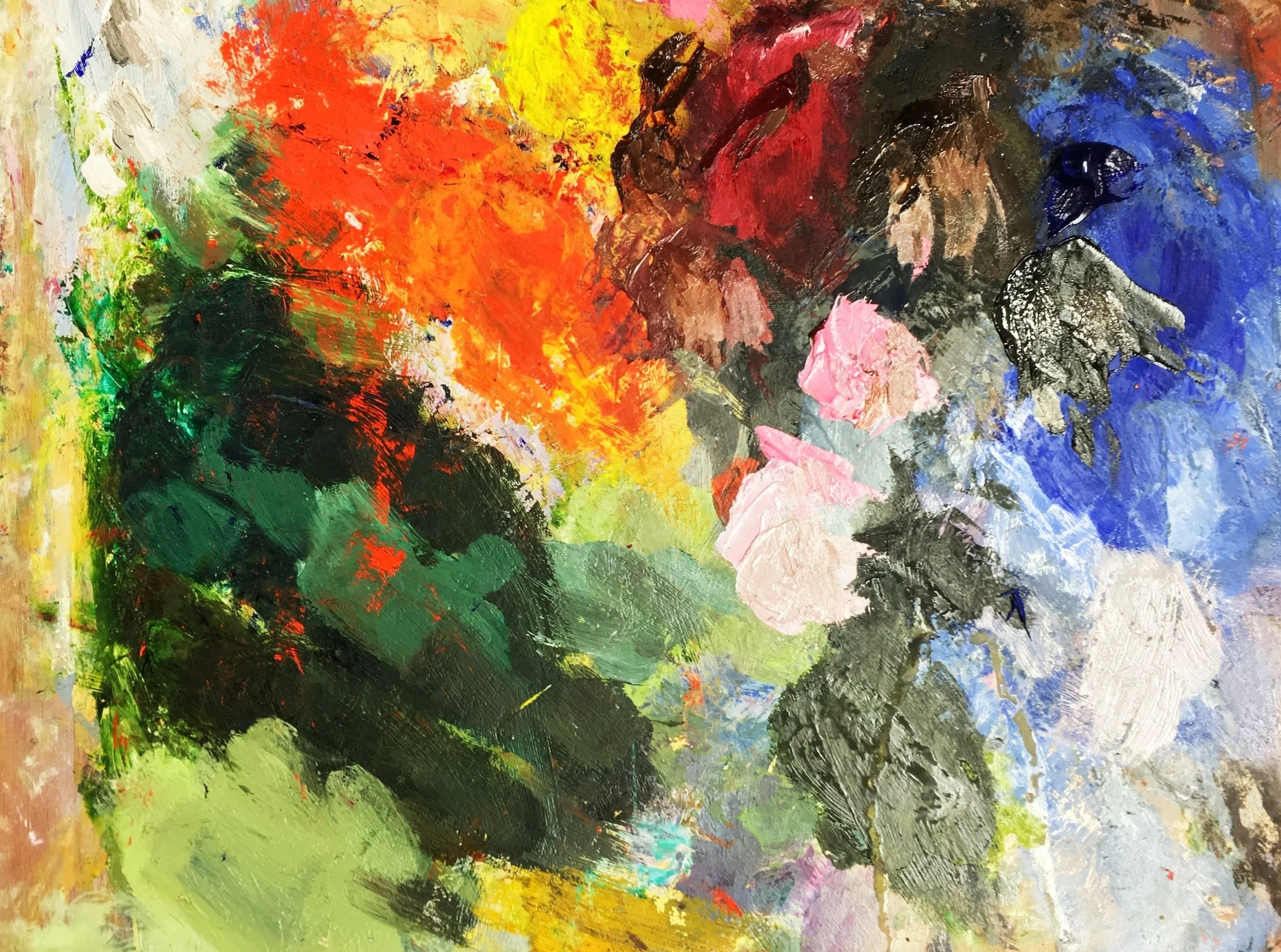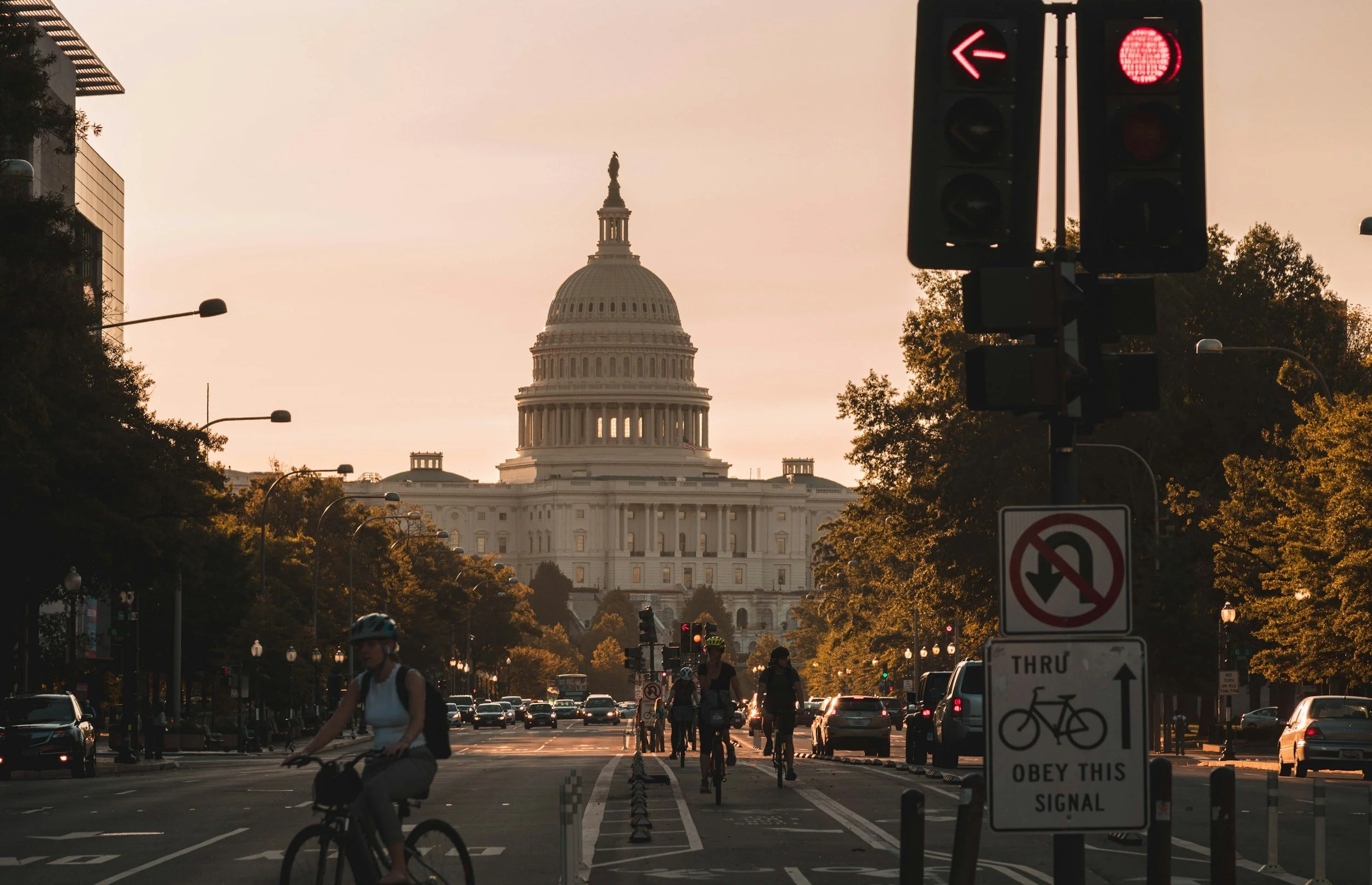
A festival can be anything
When you think of a festival, you may start begin visualizing thousands of people congregating outdoors in a major city to listen to the popular music of a given era, sponsored by Unilever’s latest macro-trend based offering. You may think of your town farmer’s market, soundtracked by a local band and catered by non-franchise food trucks. You may even recall Red Bull’s month long multi-venue music festival that sold several cans of Red Bull sometime during the 2010’s. Festivals can be completely virtual, like Fortnite collaborating with Marshmello, who according to Google is an “American DJ” and not a marshmallow (Confectionery), or the livestream of Condé Nast owned Pitchfork Music Festival. Is a popup event a festival? It is if you want it to be. Find some other businesses, brands or organizations, a location, and start collaborating on a festival of your very own.
Festivals are a fantastic way to build community and learn more about the businesses, brands and organizations in your community. No individual entity exists in a community alone, so collaborating on events is a great way to meet other business owners and community leaders, as well as offer your own community something fun and interesting to do. Your festival or event should be about community building, with the goal of having a positive impact. By providing your community a well planned event, with aspects of entertainment, information, commerce, and resources represented, your event can eventually become something regular (weekly, monthly, yearly, etc.) that people in your area look forward to and benefit from. If the event is a success, attendees will be more likely to remember your business, brand or organization.
You can create opportunity for entrepreneurs who are getting started on a new business or nonprofits who may not have the budget to do a lot of advertising. These are great aspects to planning events and booking vendors, because working together and collaborating is generally good for business. If you have a retail storefront, then working with a startup caterer for a mini popup food festival on one weekend day during your slow season may bring in more business for your storefront, while also providing a new business an opportunity to gain exposure to more new clientele. This is a win win, as the caterer isn’t a direct competitor to something like a boutique or retail store, and the storefront owner can get more foot traffic during a slow time.
Collaborating with nonprofits on events and festivals is another great addition, similar to collaborating with entrepreneurs. Nonprofits generally don’t have the budget to advertise a lot, especially if they are local specific. This is a problem, because nonprofits are generally good for a community, and more people should probably know about what they do and how to get involved. Baseline, if you’re having event the easiest thing you can do is to collect food, clothes, personal hygiene items, etc. from attendees to donate to your local food pantry. You can also think about your event’s activities and think of if a nonprofit could be a sponsor. Are you going to start inviting local musicians to play sets at your coffee shop? You could donate a percentage of drink sales from a specific menu item to a local music nonprofit and put their info materials on your counter. A collaboration doesn’t have to be too big of a deal or take much effort. If you can just get info about a local nonprofit in front of your customers for a day, that may start to make a difference over time.
Your festival can also be online and offline at once. According to Forbes, hybrid events are beneficial because “professionals can still go in person to network, interact physically with vendor booths and products and enjoy the atmosphere. On the other hand, people who cannot attend in-person or do not want to go in-person can still experience and access the event using their computer, phone or tablet. Furthermore, hybrid events allow companies to reap the benefits of both in-person events and virtual events.”
Your festival doesn’t have to follow what you think of when you think of big music festivals or state fairs. A festival can be anything as long as people show up. Free yourself to think of what you could plan within the parameters you have and get creative. Don’t get hung up on if you can’t get 5 food trucks to show up at your shop, what is something else that could be similar? You can’t find a musical act on short notice? You can find a good loudspeaker for just about what would be fair to pay a band for a day. Start where you can, and iterate as you plan more events. Learn from what works, and more importantly what doesn’t. A festival can be anything, what would yours be?
Event marketing tells brand story through customer experience
Event marketing is simply figuring out an experience that can tell the story of your brand, company or organization. If you have a retail location, event marketing can be an event held at your storefront. If your are a brand, then event marketing can entail throwing a party for a product launch. If you’re a nonprofit, then event marketing could be throwing a fundraising gala or concert. The common thread between all of these examples of event marketing, is that they all give your customers an opportunity to engage with your company while building community, entertaining, and potentially expanding your audience.
Event marketing can be to promote specific products, or to generate sales, or to just create more awareness about your brand. If you are a gourmet boutique, then hosting a wine tasting every month where you pair wines and foods you sell to customers is a simple way to incorporate event marketing into your brand strategy. If you own a coffee shop, then simply inviting local musicians to play acoustic sets during off hours could be a great way to build community and increase sales.
Event marketing can also be done online, now that consumers are more familiar with attending livestreamed events. If you are a startup clothing brand, or similarly lifestyle oriented brand, then you can schedule livestreamed concerts or live performances to be distributed through your social media channels. This helps your brand gain awareness, and can help you tell the story of your lifestyle company. People who engage with your livestreamed content can be re-targeted later with future products, information or events.
According to PR Newswire, “in this year's report, consumers identified ‘inspiration and meaning’ as the most sought-after quality in brands, a 200 percent increase from 2012 for this particular set of attributes. 76 percent of all consumers would rather spend their money on experiences than on material items.”
Because consumers are now looking to spend their money more on experiences than physical goods, event marketing helps your business reach potential customers, for when they do decide to make a purchase decision. Events don’t have to be cost intensive, and don’t need to be too high concept either. Figure out a small scale event that is relevant to your business, better if it can be repeated if successful. Start small, and scale from there. Your customers will be happy to engage with your business in a new way, and you might find some new business along the way.
































































